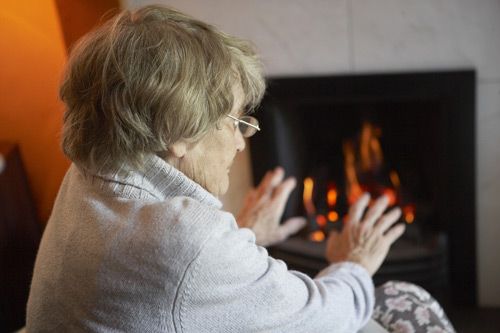

The Chartered Institute of Plumbing and Heating Engineering (CIPHE) has joined in calls for the government to take further action on fuel poverty in the Autumn Budget this Wednesday (November 22).
This follows the news from National Energy Action (NEA) that the Energy Company Obligation (ECO) – a consumer funded government scheme designed to combat fuel poverty – has failed to repair a single gas boiler since April of this year after a funding cut from £800 million to £640 million.
This has seen the scheme replace a small number of boilers, rather than repair faulty appliances. Further figures show the number of replacement boiler installations has fallen from a yearly high of 85,000 throughout 2013 to just 13,000 between April and August this year. Figures that, if consistent across 2017 will see the number of replacement boiler installations fall below 50% of the 2013 figure.
Official guidelines consider a household to be fuel poor if: ‘They have required fuel costs that are above average and, if were they to spend that amount, they would be left with a residual income below the official poverty line’.
According to government statistics approximately 11% (2.5 million households) are fuel poor. Lone parents with dependents make up 23.6% of the fuel poor, with fuel poverty being highest in the private rented sector.
Kevin Wellman, CEO of CIPHE, said: “The fuel poor are some of the most vulnerable people in society. Schemes such as ECO have played a very important part in helping to lift households out of fuel poverty, especially via the replacement of old inefficient boilers with new, highly efficient counterparts. However, the cut in funding potentially leaves thousands of households without heating or hot water this winter if the scheme fails to extend to boiler repairs, or increase to the number of boiler replacements previously seen.
“We understand the government’s desire to reduce fuel bills for all, but doing this at a cost for the most vulnerable is a mistake. We would strongly urge the government to consider filling any shortfall in funding for ECO as a part of the Chancellor’s Autumn Statement. With a cold winter ahead, we need to protect those most in need from the misery and health issues associated with a cold home.”
